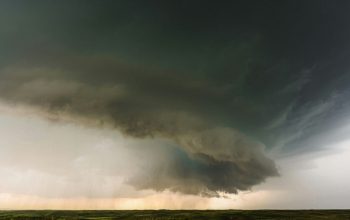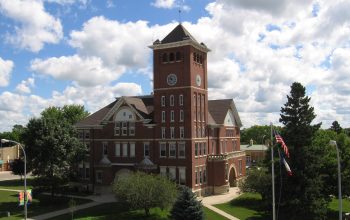The weeks between Thanksgiving and New Year's Day are some of the most festive times of the year. Family and friends socialize and exchange gifts while many people take inventory of their good fortunes. Many things are enjoyed in abundance during the holiday season, and that unfortunately can include alcoholic beverages.
A 2018 survey conducted by OnePoll on behalf of the supplement company Morning Recovery revealed that, among 2,000 American respondents, the average person consumes twice as many alcoholic drinks over the holidays than any other time of year. That uptick in drinking likely has something to do with the holiday social scene. In normal, non-holiday weeks, Americans attend just one social event, but that number climbs to three when the holidays arrive.
The National Institute on Alcohol Abuse and Alcoholism, a division of the National Institutes of Health, warns that the holidays can be a time when some people are more likely to drink to excess in the name of merrymaking. Despite the known dangers of excessive consumption of alcohol, many people still overindulge. Perhaps some sobering statistics can be just what people need to avoid drinking too much this holiday season. SCRAM systems, which make alcohol monitoring software systems for the criminal justice market, offer these statistics.
– Seventy percent of holiday drunk driving deaths are caused by drivers with a blood-alcohol level of 0.15 or higher.
– In December 2017, 885 people were killed as a result of alcohol-impaired crashes.
– A BAC (blood alcohol content) between 0.08 and 0.14 causes noticeable impairment of coordination and driving skills. It is illegal to drive at this level in all 50 states.
– One in eight drivers who consume alcohol say they've driven when they thought they were close to or over 0.08 BAC in the past year, according to AAA.
– The NIAAA reports that 40 percent of traffic-related deaths during Christmas and New Year's involve drunk drivers.
Alcohol lowers people's inhibitions and affects their judgment, potentially contributing to reckless decisions. Many people think that a cup of coffee is all that's needed to sober up and get home safely. The NIH says even after someone stops drinking, alcohol in the stomach and intestines continues to enter the bloodstream, resulting in impaired judgment and coordination for hours after one has had his or her last drop.
Impaired driving and other activities can make for unsafe conditions this holiday season. Celebrants should be aware of their alcohol intake and have responsible ways to get to and from social occasions.


